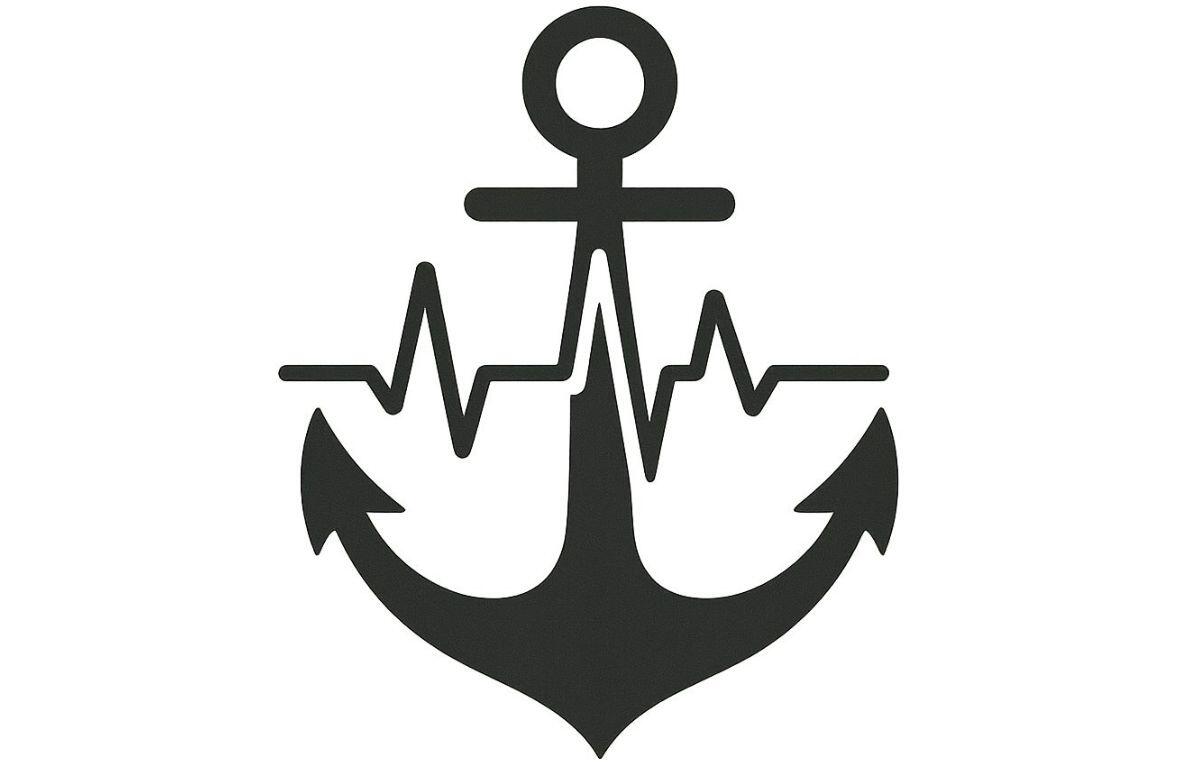WHITE HEATH, IL (Chambana Today) — Every day, first responders and veterans in our communities show up to serve, protect, and care for others. But who supports them when the emotional toll of the job becomes too heavy? That’s the question Michael Jenkins and his team at The Anchor Point are answering — with action, empathy, and a trauma-informed, peer-based support network.
Jenkins, a therapist and Army veteran, appeared on this week’s episode of Focus to discuss the mission of The Anchor Point, a nonprofit based in Champaign County. The organization is providing critical mental health support to first responders, veterans, and their families across East Central Illinois.
“For a long time, nobody called anyone for help until something terrible had occurred,” Jenkins said. “But we’re changing that. Peer support can be proactive — not just reactive.”
Founded by Jenkins and a fellow first responder from the Champaign Fire Department, The Anchor Point was born from personal experience. After leaving the military and transitioning into civilian life, Jenkins found healing through mental health services. He now works to make that support more accessible to others, especially those who face trauma every day as part of their jobs.
With over 116 trained peer support members and partnerships with 75 local departments, The Anchor Point offers 24/7 access to emotional support. It’s not just about crisis intervention — though they do that too — but about building a culture of resilience and early intervention.
The organization also works with a vetted group of therapists committed to seeing referred individuals within 48 hours — a stark contrast to the typical six-week wait for mental health appointments. “That delay can be the difference between someone getting help or giving up,” Jenkins explained. “We can’t afford to wait.”
Listen to the full interview here: https://tinyfy.io/AnchorPoint
Understanding Trauma — and Interrupting It
Jenkins emphasized the importance of trauma-informed care. By understanding the way trauma develops — and intervening at critical moments — The Anchor Point helps prevent long-term issues like PTSD. One key time frame? 72 hours after a traumatic incident, when individuals begin mentally and emotionally processing what happened.
“If we can intervene during that window, we can help someone put the pieces together before it spirals into something worse,” Jenkins said.
With first responders experiencing, on average, 800 traumatic events in a career — compared to 3–5 in a typical civilian lifetime — the need for frequent, informed support is clear.
Community Support Is Key
Jenkins stressed the importance of community awareness and compassion. While The Anchor Point runs entirely on volunteer support, the costs of training, outreach, and operations add up. Financial donations, volunteer time, and even simple understanding can all make a difference.
“If we want our first responders and veterans to show up as the best version of themselves, we have to support them in taking care of themselves,” he said.
The Anchor Point is actively recruiting new peer supporters — particularly those with any personal connection to the military or first responder community — and is working toward expanding its reach.
For those looking to help, Jenkins recommends starting with compassion. “Just having some patience and empathy goes a long way,” he said. “You never know what someone has just come from or what they’re carrying.”
To learn more or support The Anchor Point, visit theanchorpoint501c.org


